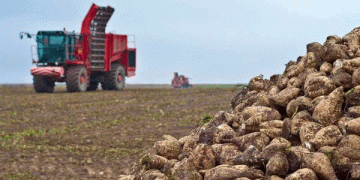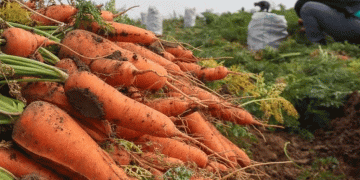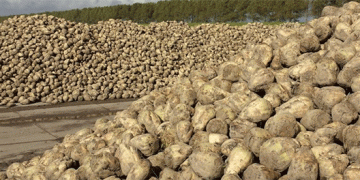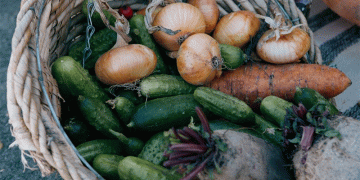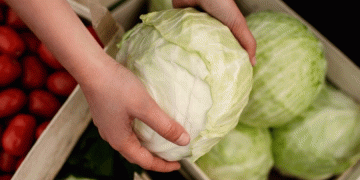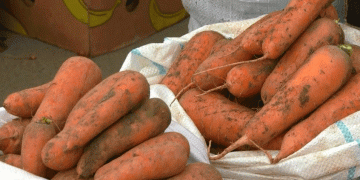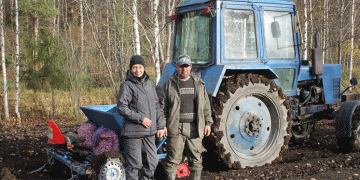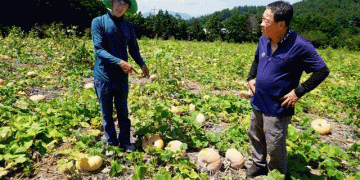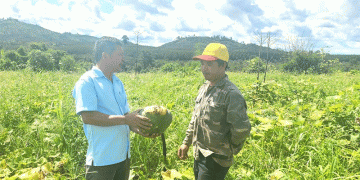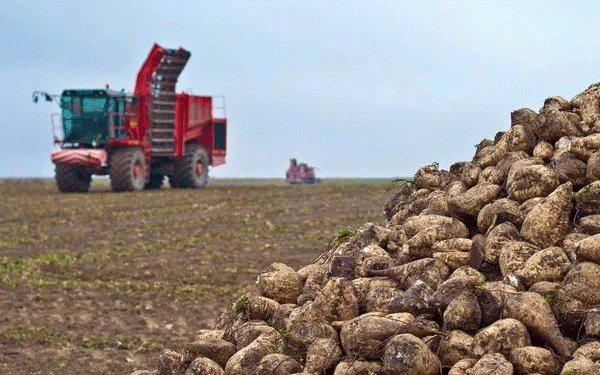Kazakhstan’s sugar beet farmers celebrated a bumper crop in 2024, with production soaring to 1.3 million tons—a 2.5-fold increase from 2023, according to the National Statistics Bureau. Yet, this agricultural triumph quickly turned into a crisis as over 40% of the harvest went unprocessed, rotting in fields or sold cheaply to Kyrgyzstan. The root cause? Aging factories, financial bottlenecks, and a lack of government follow-through on modernization promises.
Record Harvest, Limited Processing Capacity
Farmers expanded sugar beet cultivation to 25,000 hectares, spurred by government subsidies—25 tenge/kg for delivered beets (up from 15 tenge) and increased transport subsidies (45 tenge/km vs. 25 tenge). Yields hit 507 centners per hectare, a testament to improved farming techniques.
Yet, only 58.3% (700,000 tons) was processed, per Senate reports. The Ministry of Agriculture claimed a higher figure (989,000 tons), but even this left hundreds of thousands of tons wasted. Prime Minister Olzhas Bektenov blamed high debt burdens on processors and cheap sugar imports from neighboring countries.
Aging Factories Struggle to Keep Up
Kazakhstan’s three operational beet-processing plants are relics of the Soviet era:
- Koksu (93 years old)
- Merken (91 years old)
- Taraz (88 years old)
Despite plans to modernize the Taraz facility to handle 600,000 tons/year, upgrades never materialized. Consequently, sugar production fell by 25% (164,400 tons in 2024), while exports surged 7.5x (143,000 tons). Yet, imports still dominate 74.1% of domestic consumption, highlighting reliance on foreign sugar.
Farmers Face Financial Ruin as Policy Shifts
In a controversial move, the government slashed 2025 sugar beet planting by 25% (18,400 hectares), with Zhambyl region facing a 50% cut. Farmers who invested in equipment and training now risk bankruptcy. Senators warn that reversing state support could devastate rural economies.
Strategic Goals in Jeopardy
Kazakhstan’s 2022-2026 Sugar Industry Plan aimed for:
- 38,000 hectares under cultivation
- 1.8 million tons of beets
- 250,000 tons of sugar (43% self-sufficiency by 2026)
Instead, infrastructure neglect and policy inconsistency threaten to derail progress. Without urgent investment in processing plants, Kazakhstan risks losing farmer trust and missing food security targets.
A Call for Coherent Policy and Investment
Kazakhstan’s sugar beet boom should have been a success story. Instead, it revealed deep structural flaws—underfunded factories, volatile policies, and a failure to align farm output with industrial capacity. To salvage the sector, the government must:
- Fast-track factory modernization
- Stabilize subsidy policies
- Support farmers transitioning to alternative crops
Without decisive action, Kazakhstan’s sugar industry may remain stuck in the past.
